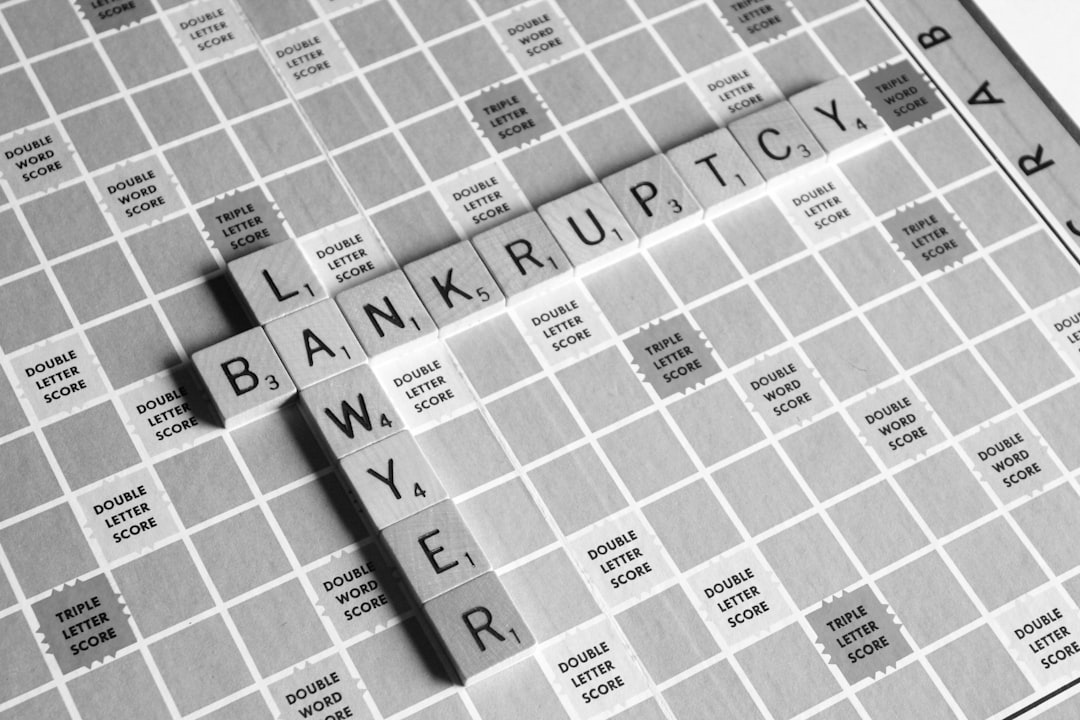One of the key challenges around student loan debt is the difficult of discharging this debt in bankruptcy. In many cases, it’s not possible. This means even if you’re in a bad financial situation and bankruptcy is the remedy you seek, you’re still left with student loan debt to pay.
New guidance (effective in December of 2022) from the U.S. Department of Education and the U.S. Justice Department offers some hope — streamlining and simplifying the process for establishing “undue hardship” and possibly discharging that debt.
The National Consumer Law Center (NCLC) has more in this pretty dense piece on the topic aimed at attorneys.
New Process to Discharge Student Loans in Bankruptcy | NCLC Digital Library
Here are a few key takeaways if you hold student debt and are wondering about your options in bankruptcy:
The previous process was cumbersome and intrusive and made it difficult to meet the hardship standard
The new process streamlines information gathering and applies a uniform standard to hardship determinations
Private student loans are NOT included in this guidance
If a borrower has both private and government held student loans and the hardship burden is met for the government loans, a borrower may use this determination in advocating for discharge of the private loans.
The bottom line: Ask your attorney if the new guidance may offer you some relief.
Remember, this guidance just went into effect, so you may want to direct them to the NCLC article for more information on its application to your case.

Wells Fargo Faces Multi-Billion Fine, May Face Other Penalties
On the heels of an announcement by the Consumer Financial Protection Bureau (CFPB) that Wells Fargo is being fined $3.7 billion for harms to consumers caused by the banks illegal and deceptive practices, consumer advocates applauded the move and called for even more penalties for the banking giant.
Wells Fargo will pay $2 billion in refunds to consumers and an additional $1.7 billion fine after the CFPB found the bank’s practices harmed 16 million consumers.
In response to the news, Revolving Door Project Executive Director Jeff Hauser said:
“By returning $2 billion to defrauded customers’ pockets, CFPB Director Rohit Chopra continues to be the model whom all other regulators should aspire to resemble.”
Hauser added that while today’s action against Wells Fargo is welcome news, other agencies need to step up and rein-in the bank.
“The problem is that the CFPB cannot, by itself, solve what’s wrong at Wells Fargo. Chopra is genuinely doing all that he can, but other agencies, which have the proper tools to restrict and restructure the business itself, need to step up and find some of his fearlessness.”


